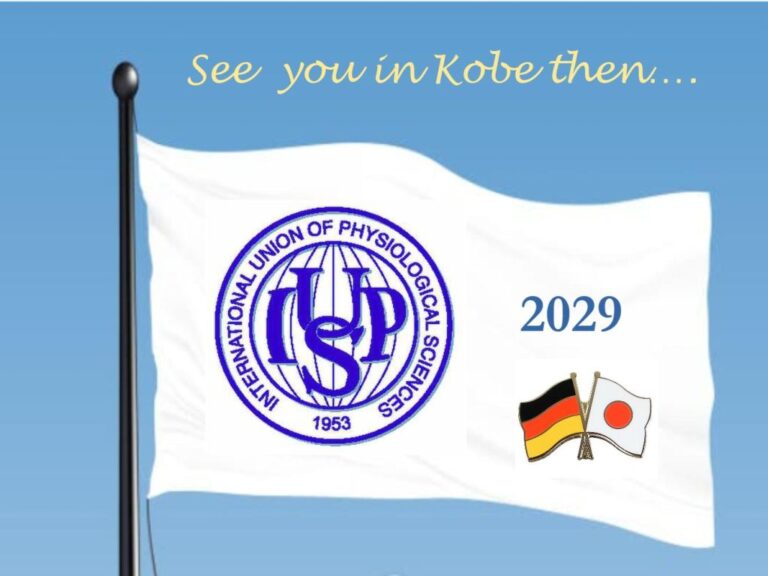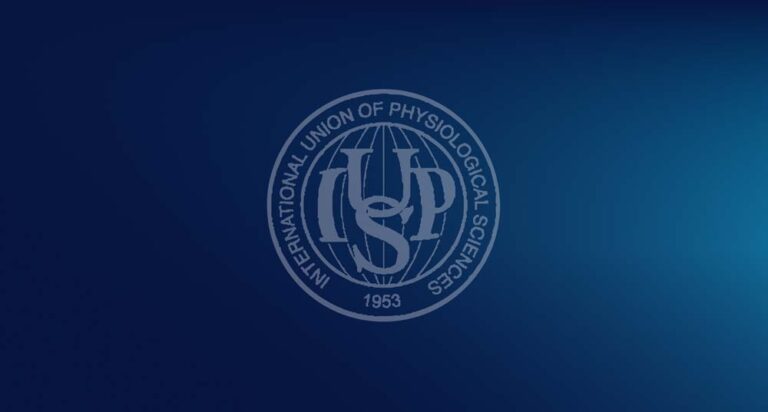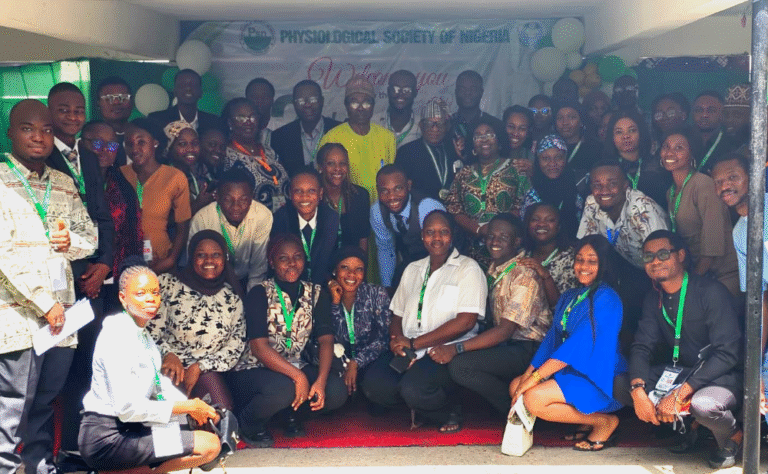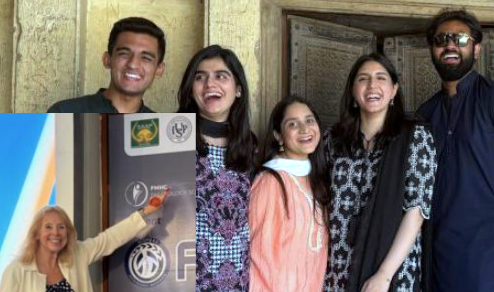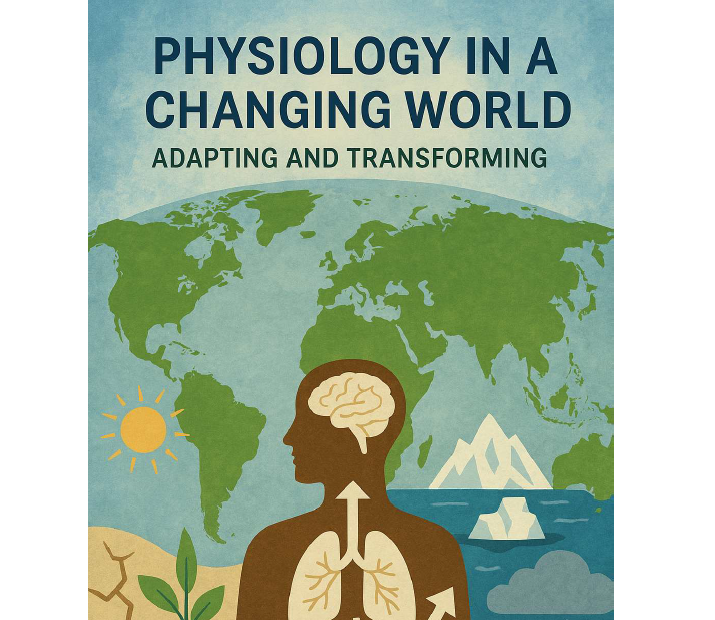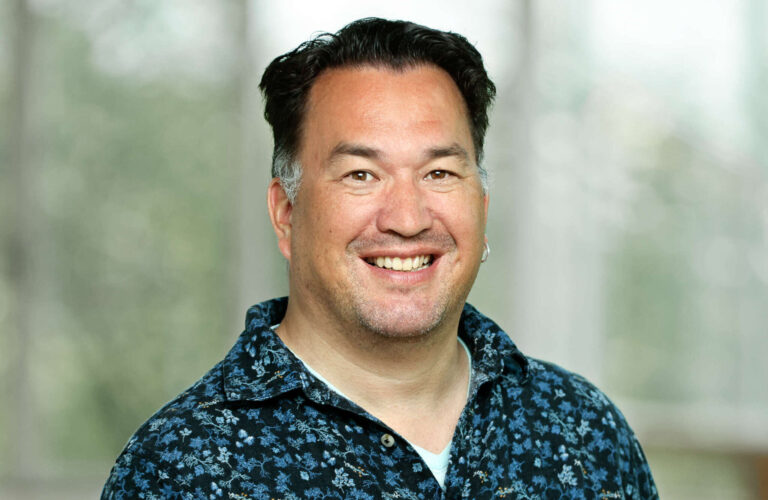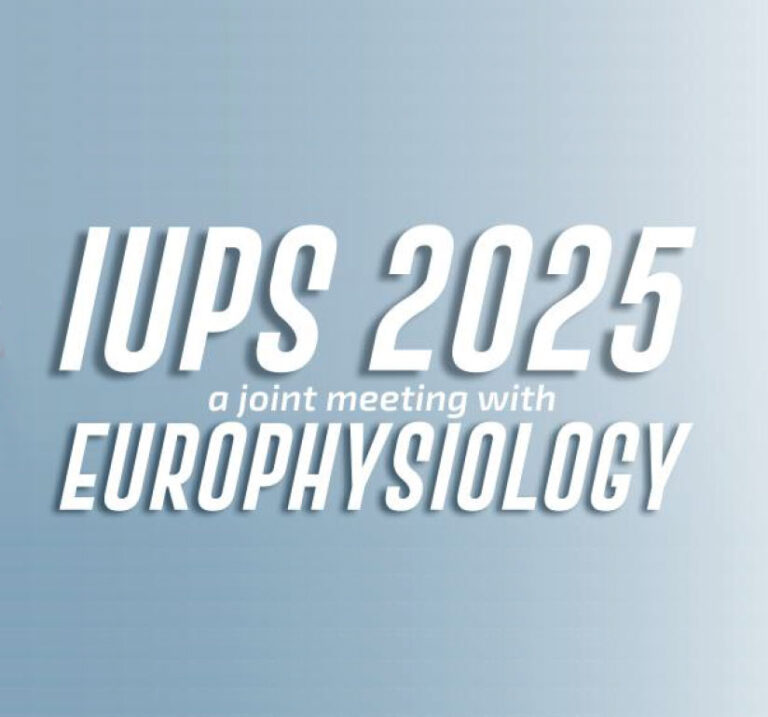We’re excited to announce that Professor Tian Xue will deliver the Te-Pei Feng Lecture at the IUPS 2025 Congress in Frankfurt!
Prof. Tian Xue is a distinguished neuroscientist and Chair Professor at the University of Science and Technology of China (USTC), where he leads the Lab of Sensory Neuroscience. His pioneering research delves into the mechanisms of light perception, non-image-forming vision, and innovative strategies for vision restoration. Notably, Dr. Xue elucidated the phototransduction pathways of intrinsically photosensitive retinal ganglion cells (ipRGCs), enhancing our understanding of how light influences physiological functions beyond sight, such as circadian rhythms and mood regulation. His groundbreaking work includes developing a CRISPR-Cas9-based gene editing tool to repair photoreceptor degeneration and creating a nonhuman primate model for retinitis pigmentosa, advancing translational research in ophthalmology. With over 50 publications and more than 5,000 citations, Dr. Xue’s contributions have significantly impacted the fields of neuroscience and vision science.
Te-Pei Feng (1907–1995) was a pioneering Chinese neurophysiologist renowned for his groundbreaking research on chemical transmission at the neuromuscular junction and synaptic plasticity in the brain. His extensive contributions significantly advanced the field of physiology in China. From 1983 to 1989, Feng was selected as an executive committee member of the International Union of Physiological Sciences (IUPS) for three consecutive sessions. This distinguished lectureship honors excellence in the study of nerves, muscles, and synapses, reflecting Feng’s enduring impact on the global physiological community.
His talk titled “Light and Life – From Eye to Brain” will explore how life on earth thrives and evolves under solar irradiation, making light one of the most important external environmental factors for living organisms. Beyond providing visual perception, light perception also governs numerous physiological functions. Moreover, its function compromises lead to severe vision diseases. Therefore, it is important to understand the mechanisms of light sensation, its regulation of physiological functions, and subsequently achieve vision repairment and restoration by translational approaches.
Don’t miss this illuminating talk—“Light and Life – From Eye to Brain”—where we’ll explore how light not only shapes life on Earth but also holds the key to understanding and restoring vision.



